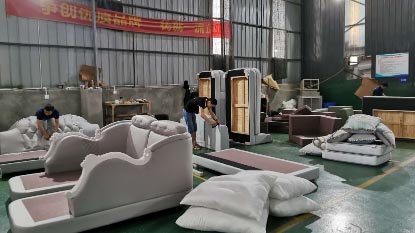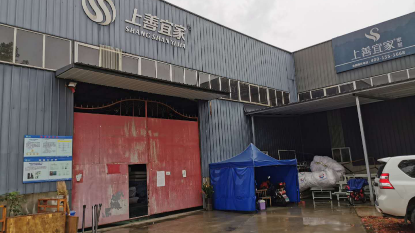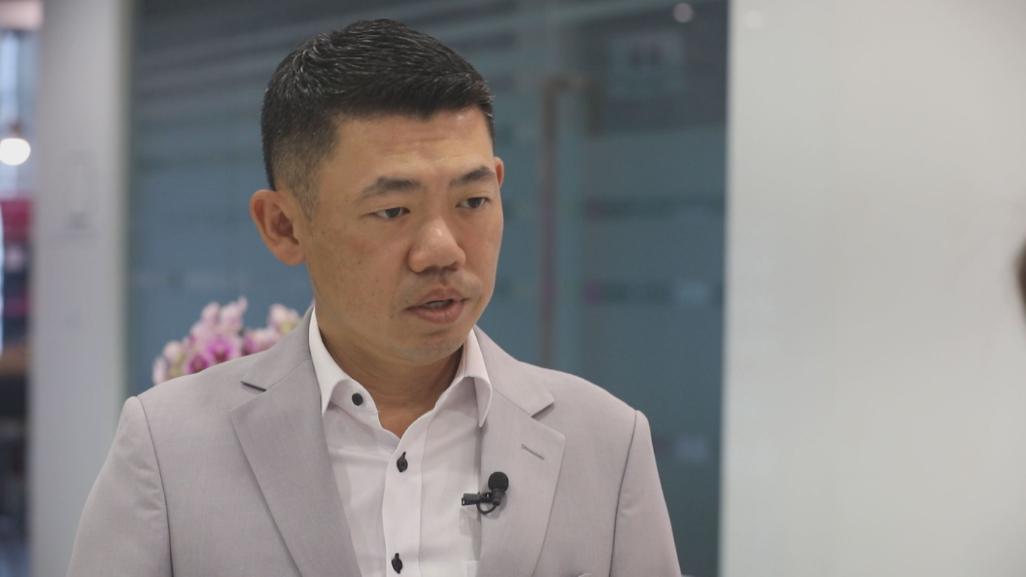02:39

The COVID-19 pandemic, coupled with increasingly fierce competition within the furniture industry, has spurred some micro-businesses within the space to recalibrate operations.
A Chengdu-based sofa maker is one of them.
"We now bulk purchase from our upstream suppliers, and for a longer time frame of 10 to 15 days, as opposed to on a daily or weekly basis in the past," Yin Hua, Executive Director of Chengdu Dianxu Furniture Company told CGTN.
"Secondly, we now buy and pay for these raw materials with just cash," he added, noting that "this way, our suppliers, who are also low on cash, are in a position to give us better, cheaper pricing."
In the end, Yin said his company could then complete the transaction swiftly and speed up its working capital turnover. The firm is also increasing the skills of our staff and production process standards.
"Ultimately, we want to give our downstream distributors higher quality products with better service and better pricing than before the pandemic. So that the products our distributors sell to our end customers can also be better priced," Yin said.

Yin Hua of Chengdu Dianxu Furniture Co. said the company is seeking to provide end customers better-priced products. Wu Siyi/CGTN
Yin Hua of Chengdu Dianxu Furniture Co. said the company is seeking to provide end customers better-priced products. Wu Siyi/CGTN
Orders fell by a third due to pandemic
Chengdu Dianxu Furniture, which has been around for six years, sells its sofas all locally across China through its over 60 direct distributors who have stores country-wide.
Operations have now resumed to 80 percent at its factory. The company is still lacking in raw materials.
"We are still lacking certain raw materials, such as this non-woven fabric. Suppliers have re-purposed them for making masks and protective clothing. And so there are uncertain orders with certain styles and designs that we are unable to take on," Yin said.
Yin went on to say that traditionally, the first month after the Chinese New Year is his company's best-selling period.
"But due to the pandemic, shopping malls were not open, transportation and logistics were halted. So when we resumed production in early March, we had already missed out on this golden period."
In fact, the company has seen its orders fall by a third during the COVID-19 pandemic, compared to a year ago.

Operations have resumed to 80 percent at this Chengdu-based sofa maker's production site. Wu Siyi/CGTN
Operations have resumed to 80 percent at this Chengdu-based sofa maker's production site. Wu Siyi/CGTN
Yin said he has benefited from pandemic-related policies, such as a temporary two-month extension for repayment of loans.
"Also, the government gave us suspended taxes for two months, so we saved 4-thousand-800 yuan. We also enjoyed a delay in paying into social security, and even got a partial refund of 2-thousand-600 yuan from it," he said.
"If we had to pay these on schedule, we would have been short of these funds. The amount may look small, but it gave us a lot of hope and confidence in resuming work - especially at a time when we had no income."
Fullerton Credit: Critical next few months
Mark Lim, CEO of Fullerton Credit Services Group, said cost control in the next couple of months would remain critical for small and micro-enterprises.
"For example, social security payment exemptions – up until June. I hope the government will extend that and I think will help the small and micro enterprises to save a little bit more on their labor costs," Lim told CGTN, adding that labor costs still make up quite a big component of many companies' costs.
"Secondly, on financing costs - we are also working very closely with our customers, in line with the regulator's direction, to allow them more flexibility in terms of their repayment options – whether to defer or extend their repayment schedules."

Mark Lim, CEO of Fullerton Credit Services Group said cost control will be critical for micro enterprises in the next few months. Wu Siyi/CGTN
Mark Lim, CEO of Fullerton Credit Services Group said cost control will be critical for micro enterprises in the next few months. Wu Siyi/CGTN
Fullerton Credit, which is wholly owned by Singapore's Temasek Holdings, has thousands of small and micro enterprises clients in its portfolio. It has been serving China's self-employed mass market for more than 10 years.
Lim is hopeful that many small businesses will be able to pull through the pandemic.
"I think the government is doing a lot to drive domestic consumption – that's going to be one big component of saving these micro-enterprises. You'll also allow a lot of job saves, and that's going to be key in terms of helping these micro enterprises pull through," he said.
(Cover: Sofas displayed at Chengdu Dianxu Furniture Company. Wu Siyi/CGTN)